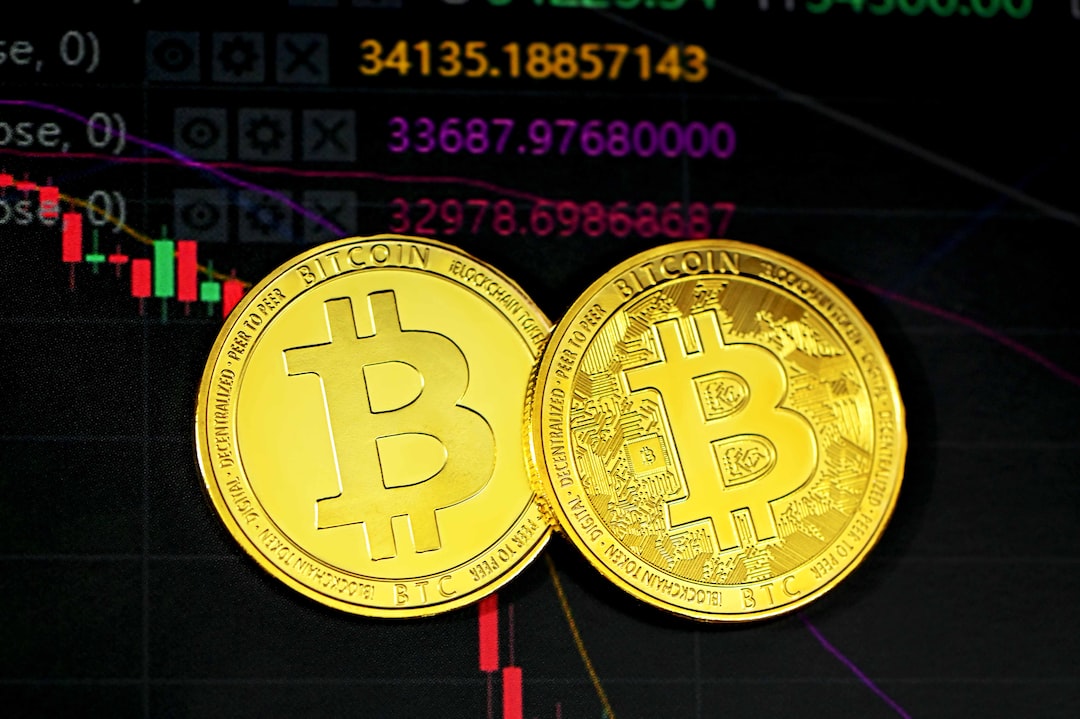A Look at Money Laundering with Stablecoins
A recent report by blockchain researcher Bitrace has brought attention to the potential use of stablecoins in money laundering activities. The report highlighted two scenarios in which stablecoins, particularly Tether (USDT), were utilized for illicit purposes.
The “Upward” Case: Selling Stablecoins for Money Laundering
In this scenario, bad actors sell stablecoins to money launderers at market prices. The launderers then repurchase another stablecoin at an inflated price, with the price difference serving as payment for the laundering services. According to the report, illegal USDT transactions may be priced at 8-10 Chinese yuan (RMB), resulting in a profit for the money launderers.
The “Downward” Case: Use of Stablecoins on Platforms with Weak AML/KYC Measures
In this case, stablecoins are used for legitimate purposes on platforms lacking comprehensive Anti-Money Laundering/Know Your Customer (AML/KYC) measures. Proxy payment platforms accept USDT deposits and use fiat funds to facilitate various payments. Due to weak verification on these platforms, stablecoin sellers face lower risks of frozen accounts tied to criminal cases. As a result, USDT may be sold at a discount in such cases.
Proxy Payment Platforms are Used for Illicit Activities
Proxy payment platforms play a role in activities like online gambling, fund settlements, live broadcasting gifts, e-commerce orders, and employee salaries. These platforms have weak AML/KYC verification, making it easier for stablecoin sellers to avoid account freezing related to criminal cases. Bitrace’s report also highlighted the tracking of frozen USDT by Tether and the OKX platform.
Tether’s Collaboration with Law Enforcement
Tether has recently collaborated with law enforcement agencies, including the U.S. Federal Bureau of Investigation (FBI). The company has frozen wallets associated with individuals sanctioned by the U.S. Office of Foreign Asset Controls (OFAC). Tether aims to maintain safety standards and strengthen the positive usage of stablecoin technology.
Hot Take: Addressing Money Laundering Risks with Stablecoins
The Bitrace report sheds light on the potential risks of money laundering associated with stablecoins, particularly Tether. While Tether has taken steps to collaborate with law enforcement and freeze wallets tied to illicit activities, there are still challenges in addressing money laundering in the crypto space. Stricter AML/KYC measures and enhanced monitoring of stablecoin transactions may be necessary to prevent misuse and maintain the integrity of the stablecoin ecosystem.





 By
By

 By
By
 By
By

 By
By